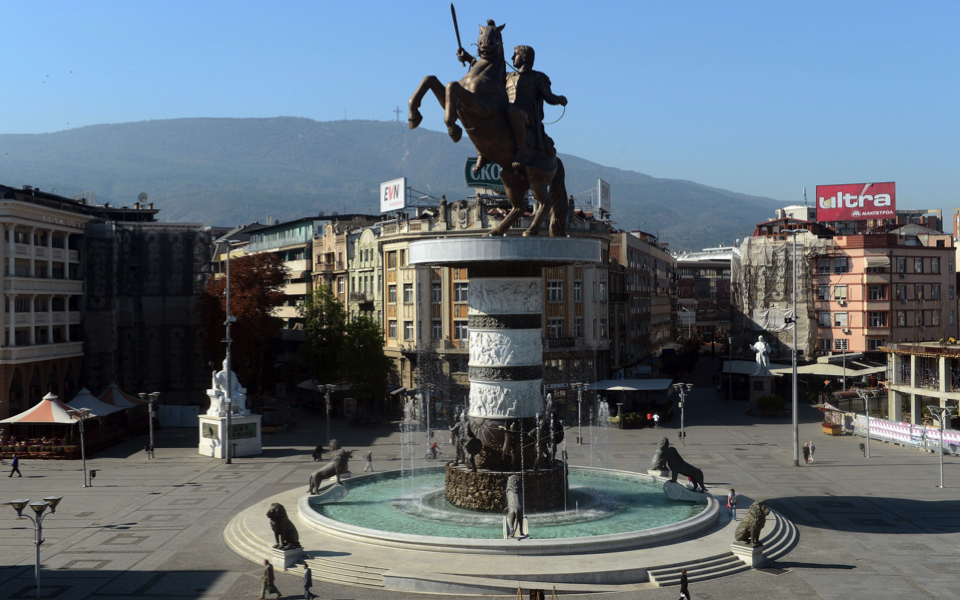The Greek diaspora and the Macedonia issue

Concerns in Greece regarding ongoing talks to settle the name dispute with the Former Yugoslav Republic of Macedonia (FYROM) have so far mostly concentrated on the unity of the leftist-led government in Athens. However, reluctance on the part of the right-wing junior coalition partner will eventually be overcome. Independent Greeks (ANEL) leader Panos Kammenos had served in the conservative administration of former prime minister Costas Karamanlis, which agreed on a “composite name with a geographical qualifier for all uses.” Prime Minister Alexis Tsipras is now basing the government’s position on the same principle. Kammenos will seek cover in a political leaders’ meeting under the auspices of Greece’s president, but is unlikely to push the issue further.
The main opposition parties – conservative New Democracy and the center-left Movement for Change – will also come under strain, as they will have to take a stand on the issue. Partners and allies expect both parties to act in a responsible and pragmatic manner.
Kyriakos Mitsotakis will have to tread the line between New Democracy’s “patriotic” wing and his own moderate approach. You can already hear the noise coming from the right. Fofi Gennimata will have to deal with a similar conundrum as officials representing the old “patriotic” PASOK now coexist with moderates including Stavros Theodorakis, leader of the centrist To Potami party, Athens Mayor Giorgos Kaminis and Giorgos Papandreou, ex-PM and now leader of the PASOK spin-off party Movement of Democratic Socialists. These are people who are expected to back a composite name.
But another key parameter, which has not yet come to the forefront, is the stance of the Greek diaspora. Greek governments have traditionally relied on support from the diaspora, particularly on national issues. Greeks abroad have worked hard to promote the interests of the homeland, especially in the United States. Anything less than Greece’s original 1992 position that ruled out any name that would include the word “Macedonia” will certainly raise eyebrows among a considerable (and certainly the loudest) chunk of the diaspora. In light of this, the government must establish channels of communication and information-sharing to make sure that, at the crucial moment, Hellenism does not appear divided on the issue.
The right preparation and cooperation will facilitate useful interventions in Washington and other places which could make the difference at the crucial moment. In that spirit it would only prove useful if the prime minister and the foreign minister include the diaspora in their plans and undertake the necessary initiatives. At the end of the day, a coordinated approach by Athens and Greeks living abroad would prove far more effective.





